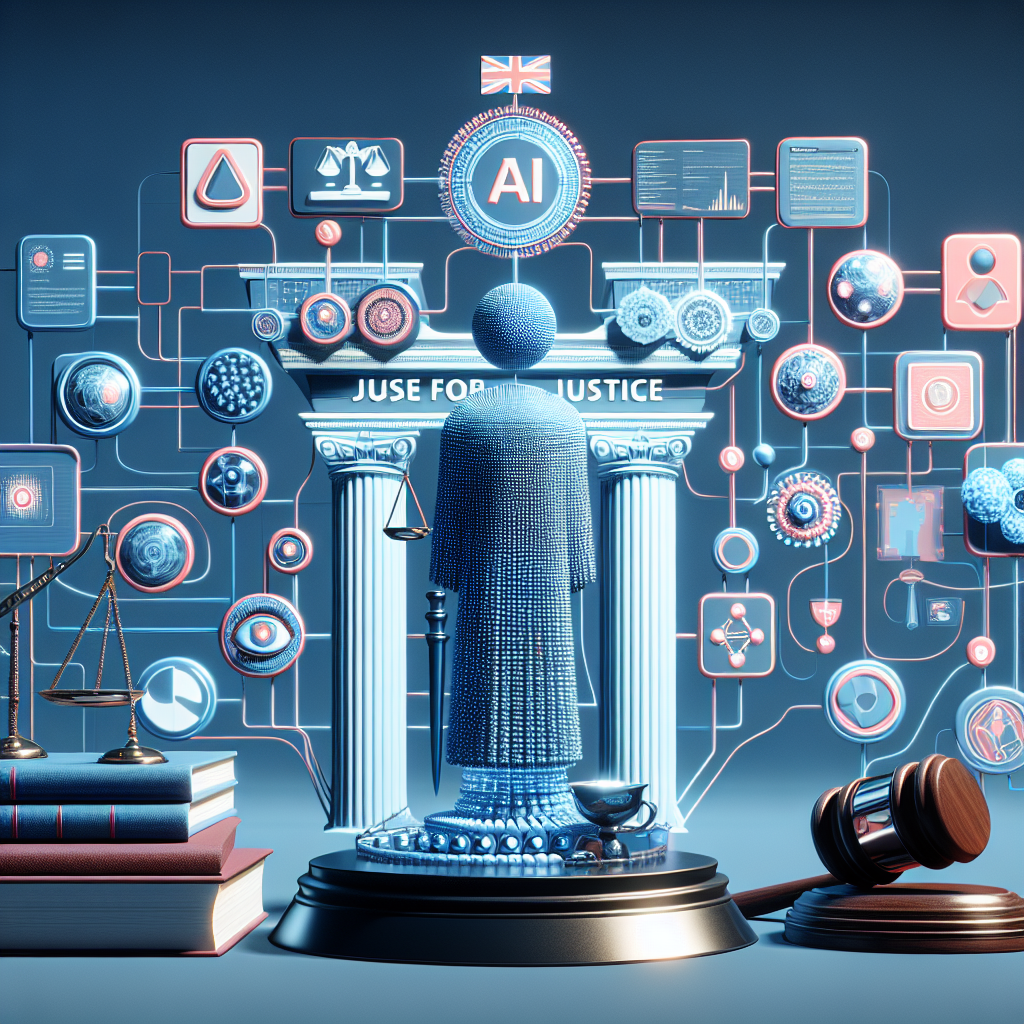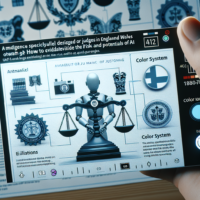Risks to be Wary of: AI Guidance for Judges in England and Wales

Artificial Intelligence (AI) is increasingly being used in various sectors, including the judiciary. In England and Wales, AI is being considered as a tool to assist judges in making decisions. However, this new technology brings with it a host of risks that need to be carefully considered.
The Rise of AI in the Judiciary
AI has been making inroads into the judiciary for some time now. For instance, AI tools are being used to predict the likelihood of reoffending, to assist in sentencing, and to help in the analysis of legal documents. In England and Wales, the judiciary is considering using AI to help judges make decisions.
The Potential Risks
While AI can undoubtedly bring many benefits, there are also significant risks associated with its use in the judiciary. These risks can be broadly categorized into three areas:
- Accuracy: AI is only as good as the data it is trained on. If the data is biased or incomplete, the AI’s predictions will also be biased or incomplete. This could lead to unfair outcomes in court cases.
- Transparency: AI algorithms are often complex and difficult to understand. This lack of transparency could lead to a lack of trust in the judiciary, as people may not understand how decisions are being made.
- Accountability: If an AI makes a mistake, who is responsible? This is a complex legal question that has yet to be fully resolved.
Case Studies
There have already been several cases where the use of AI in the judiciary has led to controversy. For instance, in the United States, the use of an AI tool called COMPAS to predict the likelihood of reoffending has been criticized for being racially biased. Similarly, in the UK, an AI tool used to predict the likelihood of reoffending was found to be only 66% accurate.
Statistics
According to a survey by the Royal Society, 60% of people in the UK believe that AI should not be used to make decisions about individuals. This suggests that there is a significant level of public concern about the use of AI in the judiciary.
Conclusion
In conclusion, while AI has the potential to greatly assist judges in making decisions, there are significant risks associated with its use. These risks need to be carefully considered and mitigated to ensure that the use of AI in the judiciary is fair, transparent, and accountable. It is clear that more research and public debate is needed on this important issue.
